Search
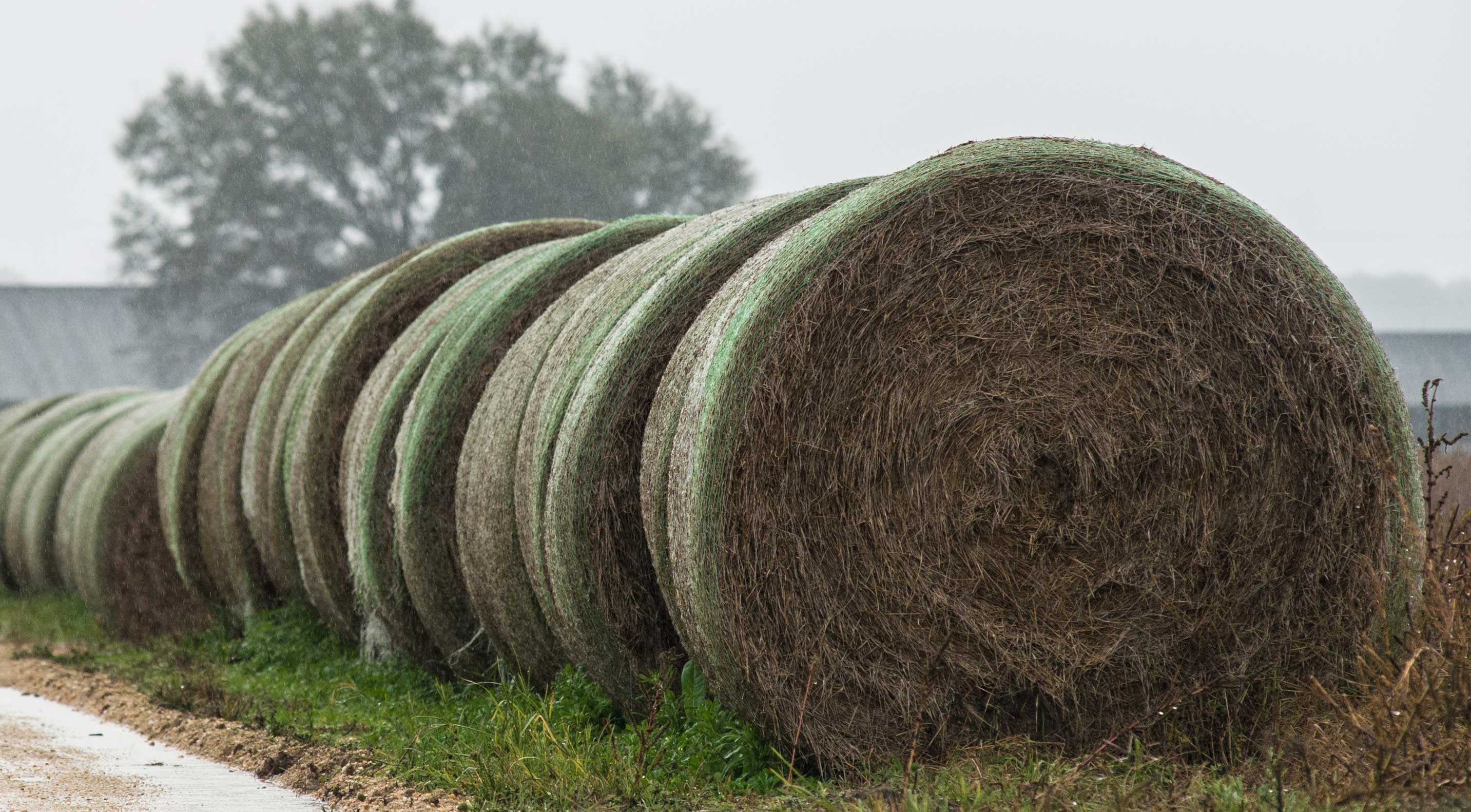
Round Bale Storage Conservation
Fact sheet discussing conservation of round bale storage.

Barley Variety Trial Results
In 2019, Barley trial was planted at one location in South Dakota.
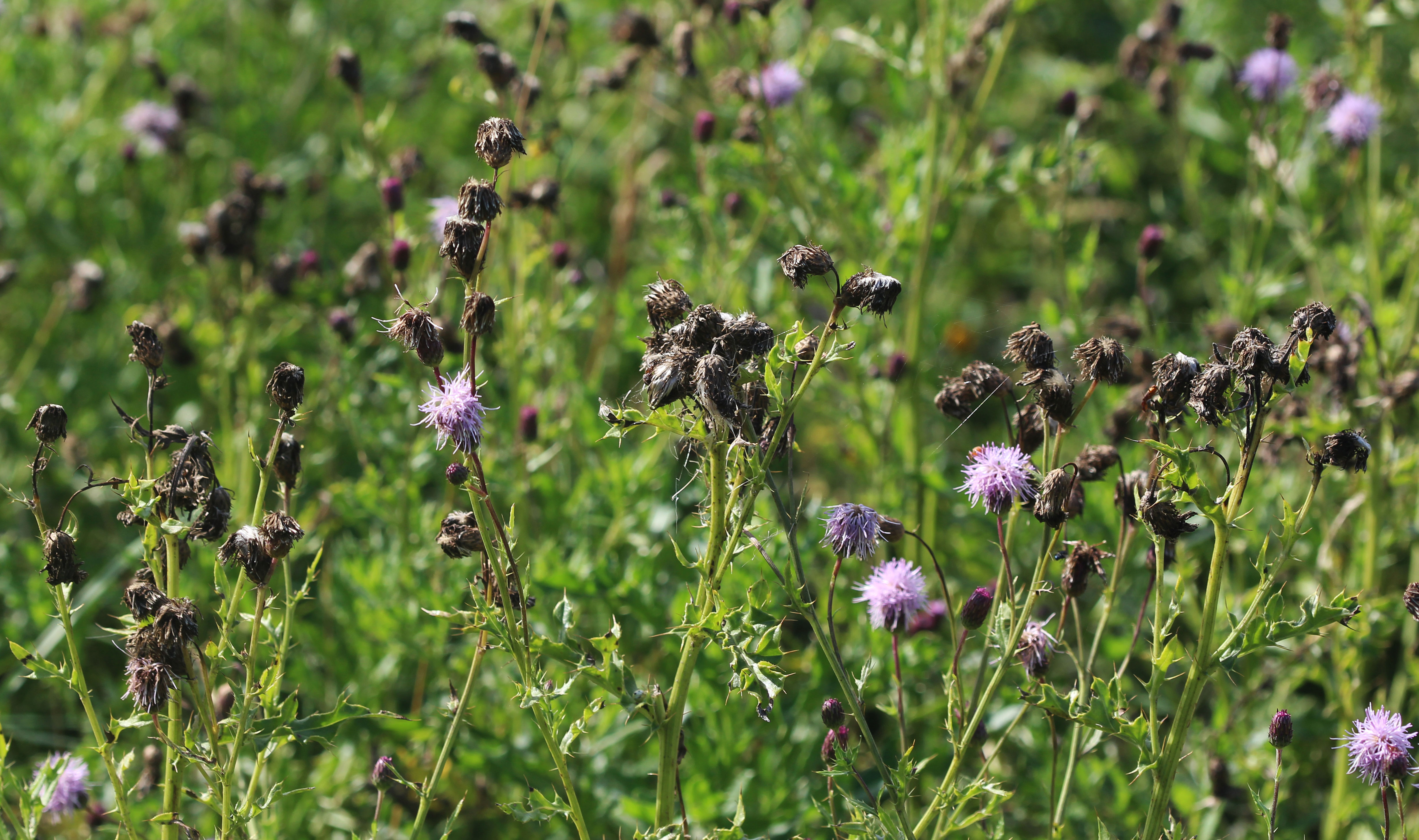
Noxious Weeds of South Dakota
Pictorial reference guide of noxious weeds in South Dakota

4-H Bike Rodeo and Safety
Overview document including complete lesson plans for a 4-H Bike Rodeo and Safety program to make youth aware of the importance of riding their bike.
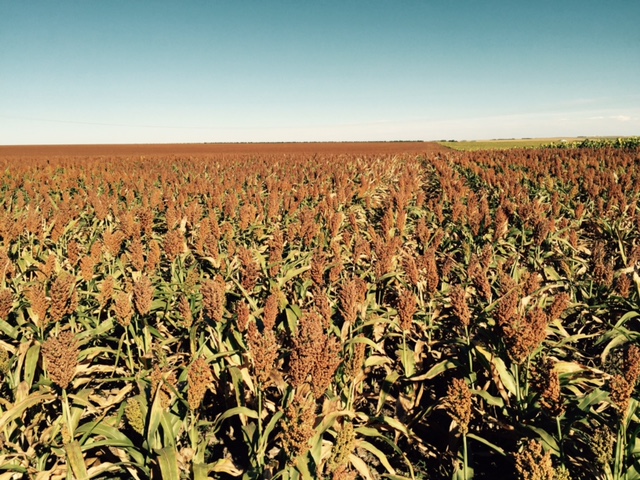
Sorghum Trial Results
In 2023, sorghum trials were conducted in 2 locations in South Dakota.
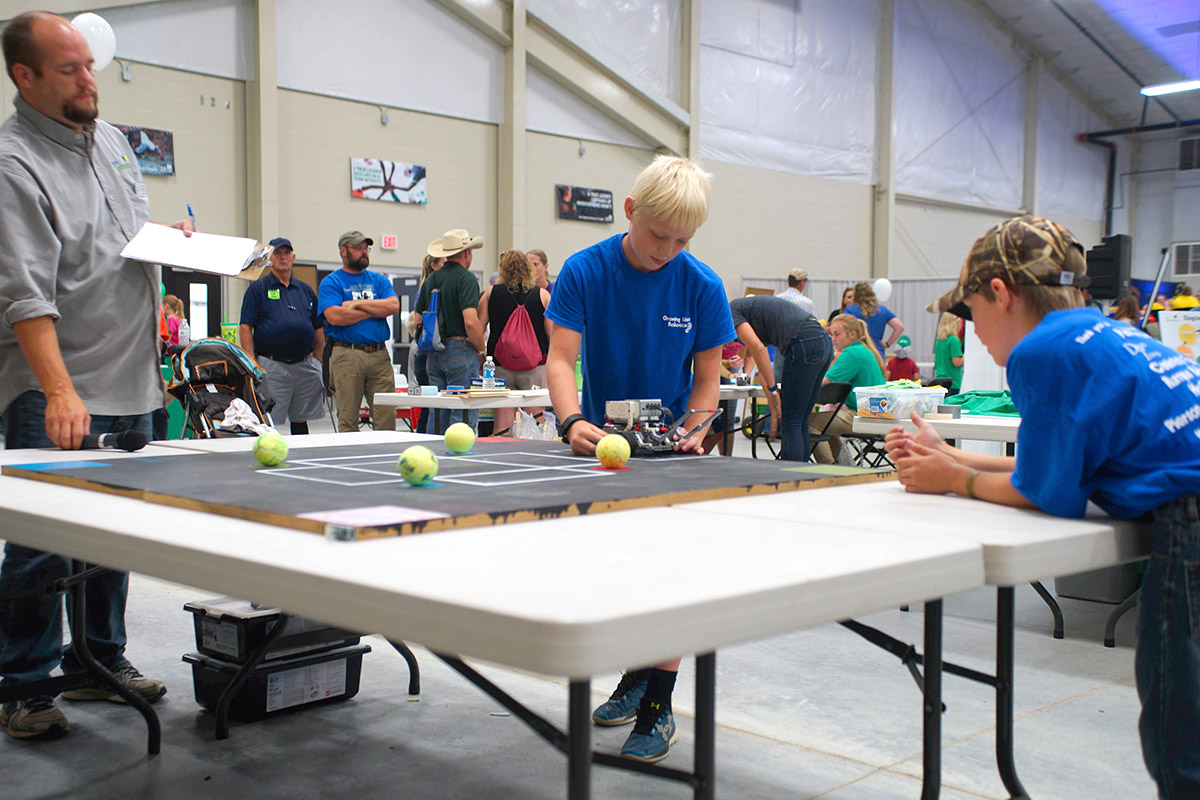
South Dakota 4-H Robotics & Engineering 2019 Challenge Packet - Recycle Challenge
The South Dakota 4-H Robotics Challenge is an opportunity for youth who have been learning about robotics to demonstrate their learning, celebrate their accomplishments, and interact with others who share an interest in robotics.
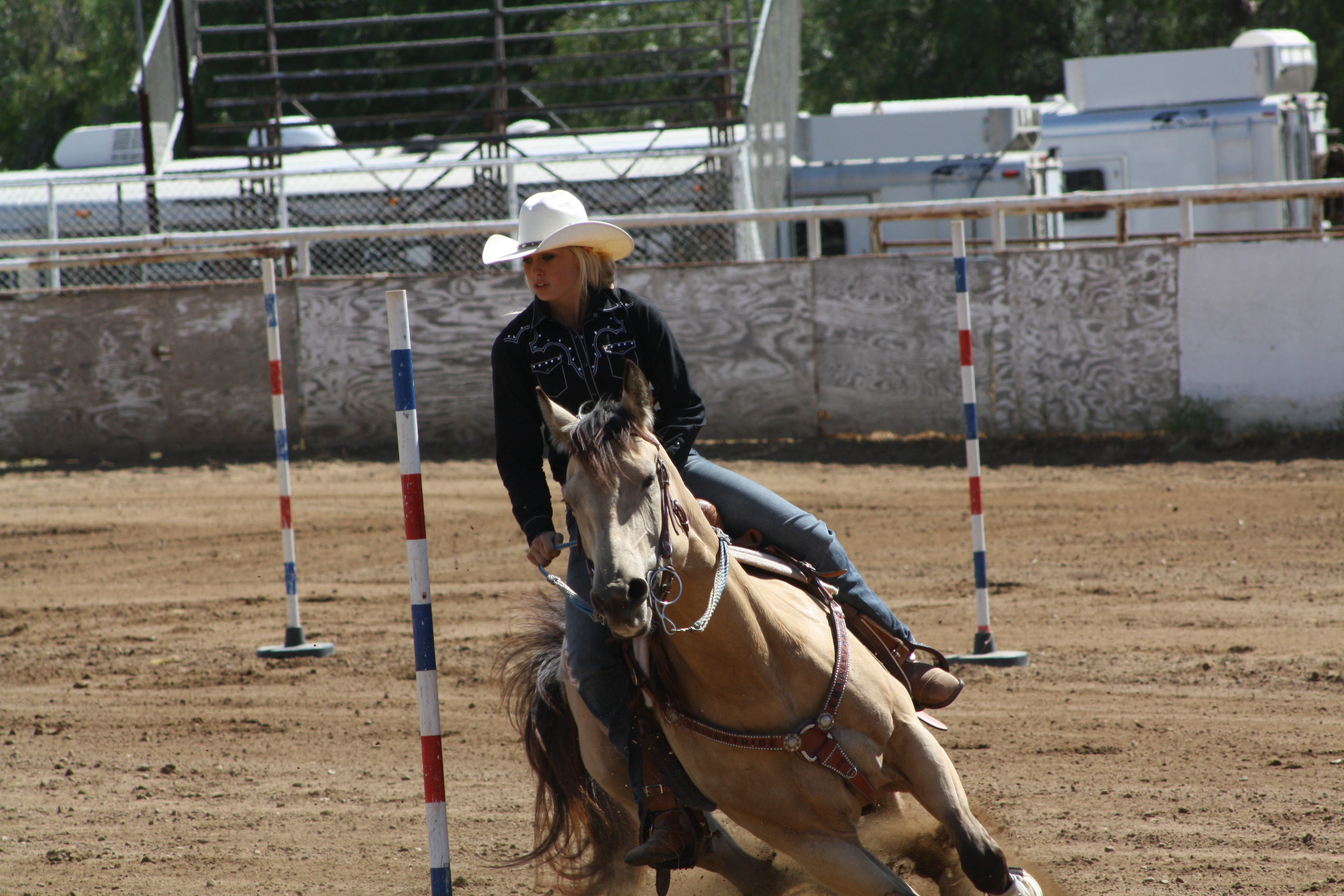
State 4-H Rodeo Resources
View the documents and forms to participate in the State 4-H Rodeo.

Spring Wheat Variety Trial Results
The 2023 spring wheat reports include data from 10 locations with regional summaries.
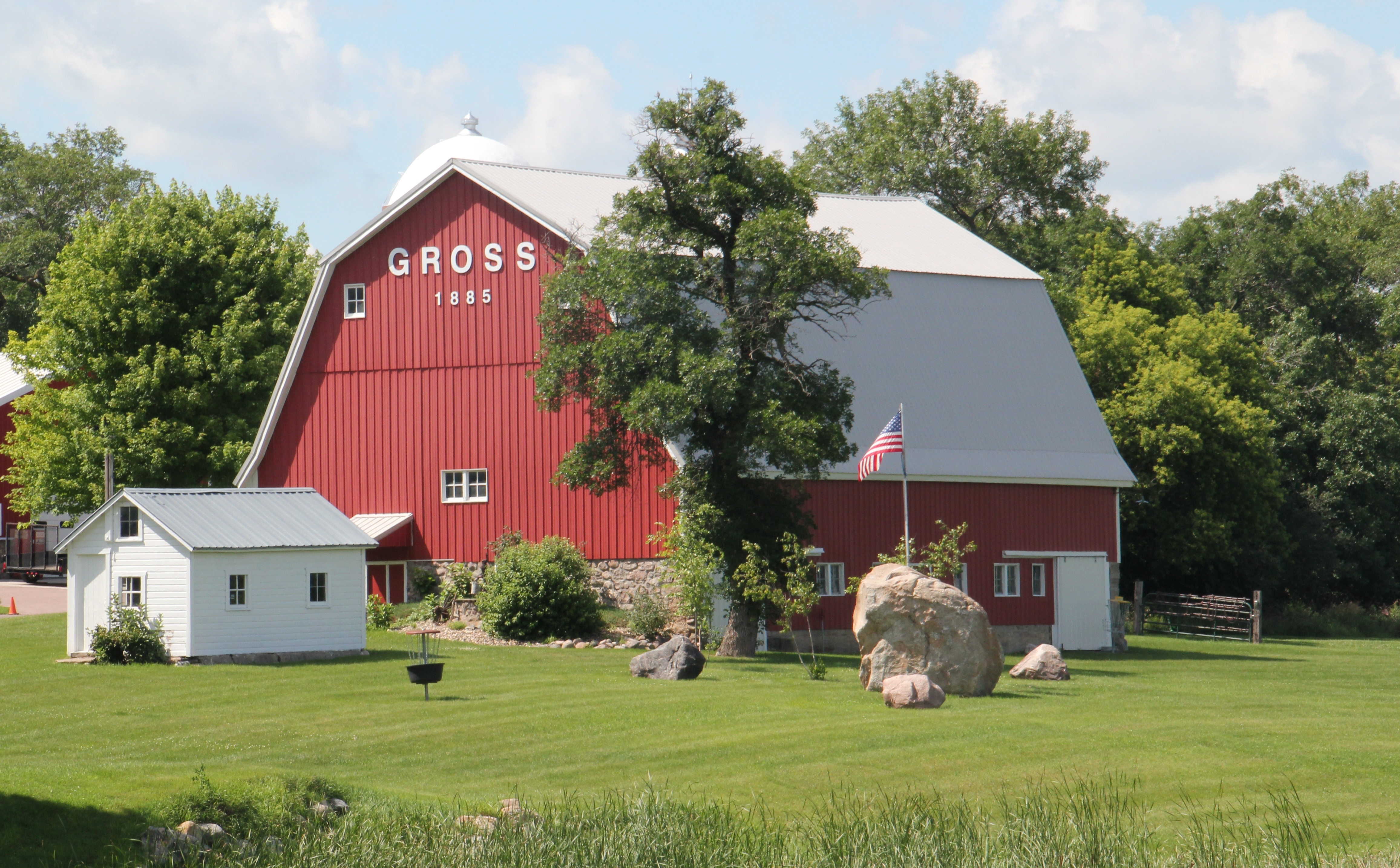
SDSU Extension 4-H Youth Development Camp Policies and Procedures
Throughout the manual, various policies indicate that they are in addition to the policies and procedures in place at the camping facilities. As a renter of camping facilities, SDSU Extension and South Dakota 4-H will follow all policies and procedures outlined at the facilities rented and employ any additional policies as needed.
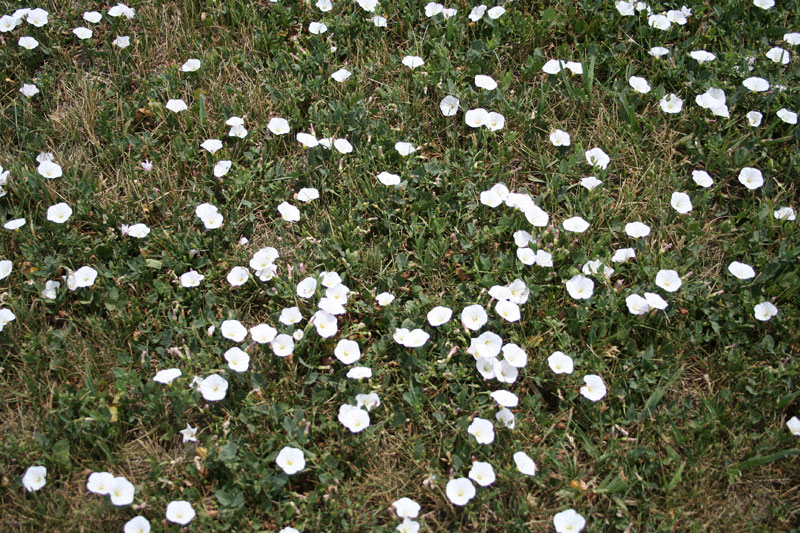
Lawn Weed Control
Cultural weed control practices must be included in weed management programs to optimize control and inhibit re-infestation. A healthy, dense turf cover is the best overall defense against weed invasion. Some common cultural weed control practices include planting the most adapted turfgrass species for your environment (i.e. shade, full sun, or hot, dry conditions), maintaining a mowing height of 2.5–3.5 inches, watering deeply but less frequently, and proper soil maintenance including fertilization and core aerification.